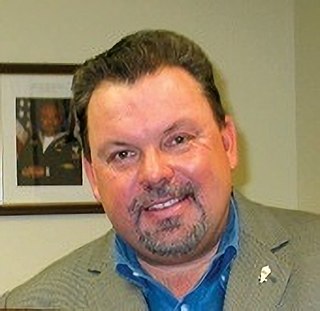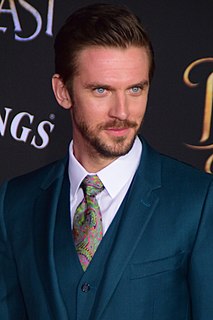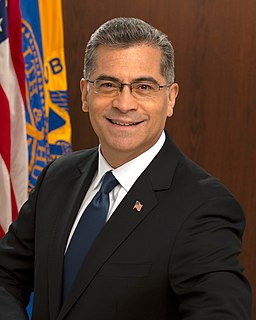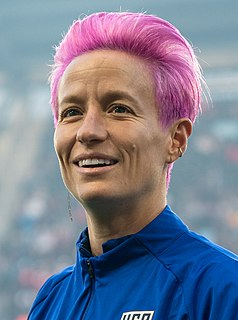A Quote by Peter Hedges
I grew up in a very loving but very broken family, and I suppose that's why I'm drawn to telling stories about well-intentioned people who are doing their best - but are not always successful - in figuring out how to maneuver through this complicated, bumpy and broken world.
Related Quotes
You have a plantation where you have 10 white people and you have about 50 or 60 black people. The automatic thought was, 'Why didn't they raise up? Why didn't they overpower? They had the numbers.' But really these people, their hope was broken. Their sense of love was broken. Their appreciation for who they were was broken.
The climate is much different for men. That stigma is only going to be broken when people come out and see that there is a positive response. That doesn't mean there will be no negative response, but if people can have the courage to be one of the first, which is very hard, those barriers can be broken down very quickly.
I don't think I've ever signed onto anything as quickly as I did The Hollars, because I come from a really loving, well-connected family, where we see each other all the time. And when I was done with this script, I was like, "Oh my god, that's my family!" This is obviously a very dysfunctional family, but there was something about it that was sort of universal. And I think that in this day and age in today's world - there's a lot of drama out there. It's nice to tell stories about things as simple and powerful as family.







































